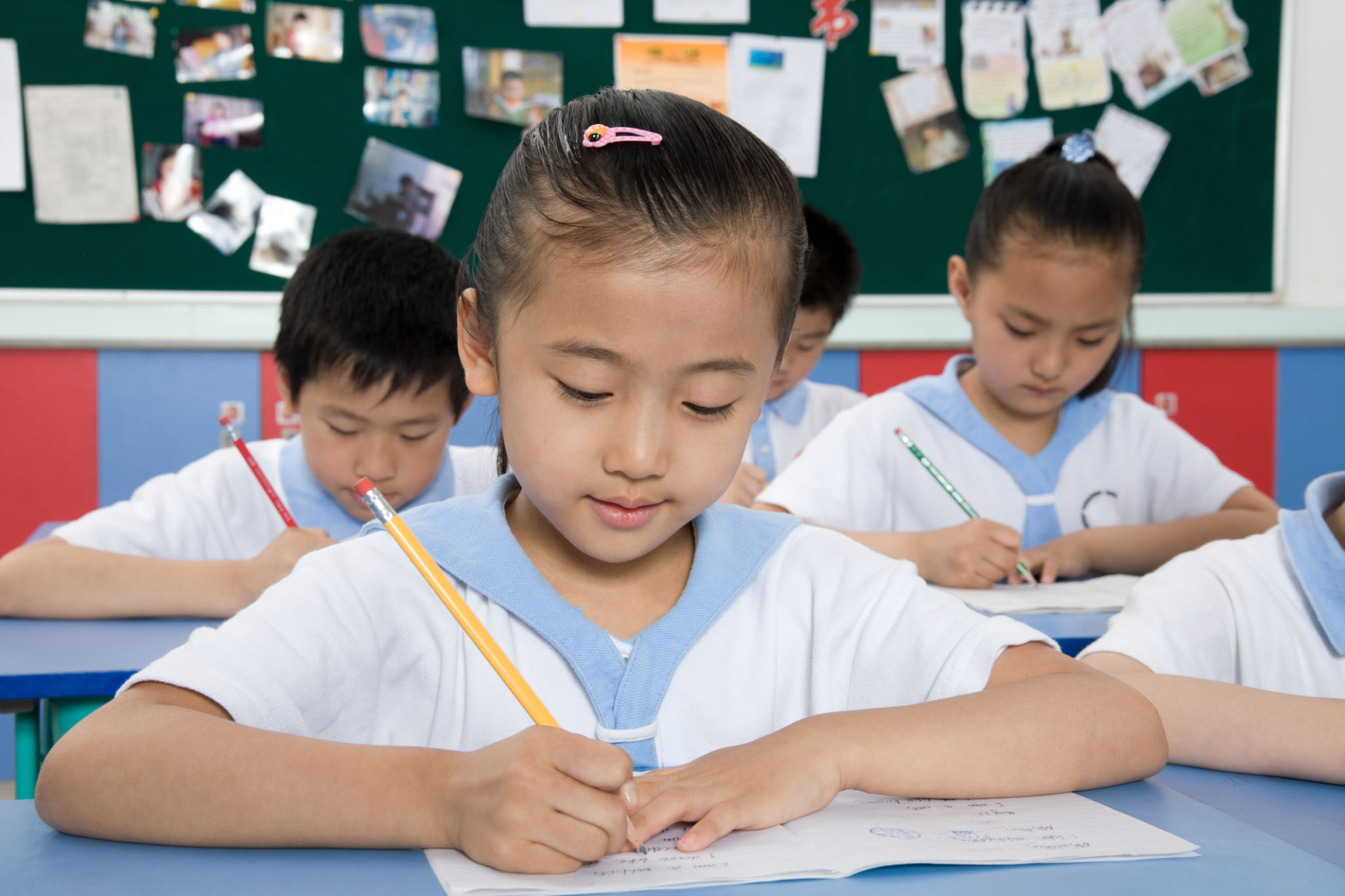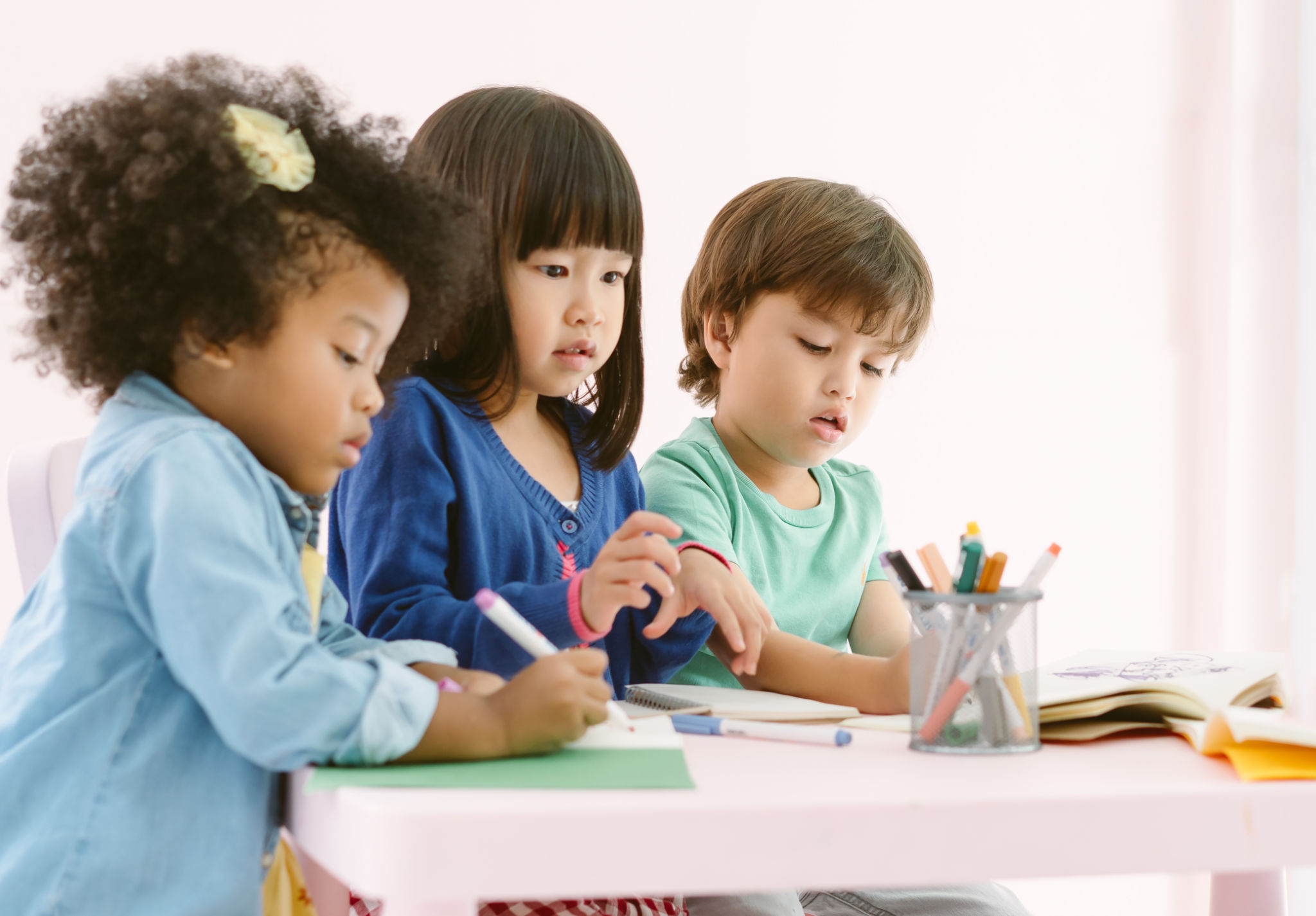Why Chess is More Than Just a Game: Cognitive Benefits for Children
Cognitive Development Through Chess
Chess is often seen as a mere game of strategy and patience, but for children, it can be much more. Engaging in chess from an early age can significantly enhance various cognitive skills. As children navigate the complexities of the chessboard, they develop critical thinking and problem-solving abilities that extend beyond the game itself.
Playing chess requires strategic planning and foresight, encouraging children to think several moves ahead. This skill translates into real-life scenarios where planning and anticipation are essential. Children learn to consider the consequences of their actions, fostering a stronger sense of responsibility and decision-making skills.

Improving Memory and Concentration
A key aspect of chess is remembering past games and strategies, which naturally enhances a child's memory. The game requires players to track numerous variables simultaneously, improving their ability to focus and concentrate over extended periods. This skill is especially beneficial in academic settings, where sustained concentration is often necessary.
Furthermore, chess helps children develop pattern recognition skills. Recognizing and predicting patterns on the chessboard can improve their ability to identify patterns in mathematics and language, facilitating better learning outcomes across various subjects.

Fostering Creativity and Imagination
While chess is a game grounded in logic and strategy, it also provides ample opportunities for creativity. Children must often devise unique strategies to outmaneuver their opponents, encouraging them to think outside the box. This creative problem-solving ability is valuable in academic tasks that require innovative thinking.
Chess stimulates the imagination by encouraging players to visualize potential future states of the board. This visualization helps enhance spatial awareness and mental imagery skills, which are crucial for subjects like geometry and art.

Building Emotional Intelligence
Chess can also contribute to emotional development by teaching children patience and resilience. The game often involves long periods of intense focus, testing a child's ability to maintain composure under pressure. This experience helps develop emotional regulation skills that are beneficial in daily life.
Additionally, learning to cope with losses in chess teaches valuable lessons in humility and perseverance. Children learn that setbacks are opportunities for growth, building a resilient mindset that aids them in overcoming challenges both on and off the board.

Social Benefits of Chess
Chess is a social game that can help children improve their interpersonal skills. Playing with peers encourages communication and sportsmanship, fostering a sense of community and collaboration. Chess clubs and tournaments provide opportunities for children to interact with others who share similar interests, promoting a healthy social life.
Moreover, chess transcends language barriers, making it an excellent tool for connecting with people from diverse backgrounds. This global aspect of chess can help broaden a child's horizons and encourage cultural understanding.

